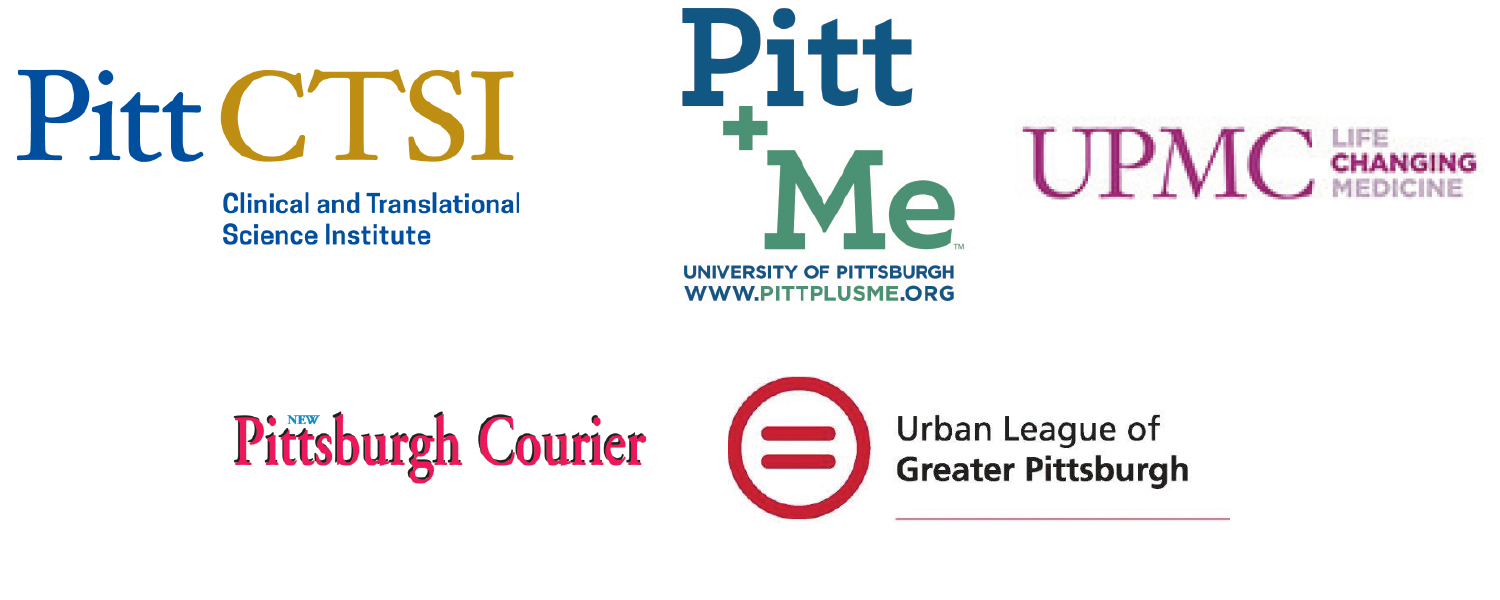GOOD ORAL HYGIENE—Father teaching his daughter to protect her teeth. (Getty Images Stock Photo)
More than 40 percent of U.S. kindergarteners have tooth decay when they start school. In fact, tooth decay in kids is five times more common than asthma and seven times more common than environmental allergies.
But there’s good news. Tooth decay is preventable and treatable—and parents, grandparents, and caregivers play a big role. By helping children develop good oral health habits starting at birth, parents are laying the foundation for a lifetime of better overall health. That includes less chance of them developing inflammatory diseases like heart attacks and strokes, rheumatoid arthritis, Type 2 diabetes, and certain types of cancer.

DR. MARY L. MARAZITA
Dr. Mary L. Marazita, Director, Center for Oral Research in Appalachia and Distinguished Professor of Oral Biology and Human Genetics at the University of Pittsburgh, studies oral health in Appalachia, which includes western Pennsylvania and all of West Virginia, among other states. Appalachia has more oral health problems per person than anywhere else in the U.S.
“Cavities, gum disease, and missing teeth are some of the health problems Appalachians face in greater numbers than the general population,” explains Dr. Marazita. The high numbers have a lot to do with where Appalachians are born, live, work and grow old.

Appalachia is a mountainous, rugged, isolated rural area with limited economic opportunities and structural inequities. This disparity leads to a lack of access to education, good paying jobs, affordable transportation, health insurance and healthcare providers, as well as food and housing insecurities for the people who live there.
“These circumstances can cause dental problems at an early age that result in pain and infections that can affect a child’s ability to eat, play, and learn, and contribute to low self-esteem about how they look and speak,” Dr. Marazita says.
While the circumstances need to be addressed on a system level—including universal access to dental insurance—Dr. Marazita’s research shows there are effective things parents can do to help their children develop healthy oral habits.
Giving your child good guidance
Based on her research, Dr. Marazita (and the American Dental Association) recommends these practices to give children the lifetime gift of good oral health.
Start at birth. To get your child used to oral cleaning, start when they’re a baby. After every feeding, gently wipe their gums with a clean, damp soft cloth.
Finish bottles before bed. “Never put your baby to bed with a bottle. It might soothe them to sleep, but it can also cause Baby Bottle Tooth Decay,” says Dr. Marazita. Choose to give your child healthy drinks without added sugar or artificial sweeteners, such as breastmilk or formula. When your child begins drinking out of a training cup, the best drink between meals is water, preferably treated with fluoride.
Brush baby’s teeth. When baby teeth first appear, brush them twice a day with a soft baby toothbrush and a tiny bit of fluoride toothpaste. “Baby teeth are important and should be protected in the same way as adult teeth,” says Dr. Marazita.
Supervise brushing until about age 6. Continue brushing your child’s teeth until they’re old enough to spit out, not swallow, toothpaste—around first grade.
Visit a dentist regularly. After a child’s first tooth appears—or by age one—take them to a dentist for their first checkup. “If you don’t have access to or can’t afford a dentist, talk about oral health with your pediatrician or family doctor,” says Dr. Marazita. “Many pediatricians are offering preventative oral care in places where there’s a shortage of dentists.”
Model good habits. When children are young, they’re mimics. Take advantage of this by brushing your teeth with them and choosing to eat healthier food and drinks. You’ll serve as a role model and boost your own oral health. “The best teacher is you,” says Dr. Marazita.
